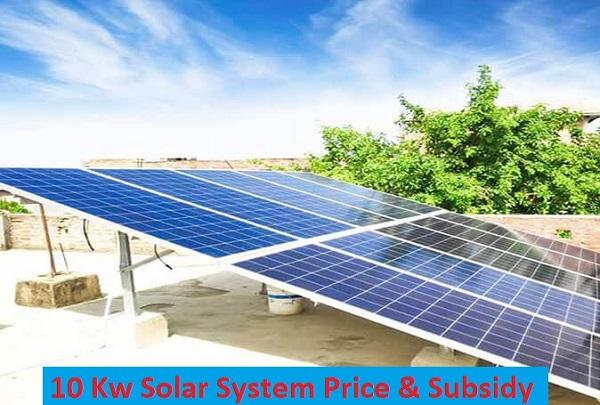
10 किलोवाट सोलर सिस्टम की कीमत और सब्सिडी
10 किलोवाट सोलर सिस्टम – आज पूरे देश में बिजली
Ujjawal Solar India’s Best Solar Company | Contact- +91-8085005100
Ujjawal Solar India’s Best Solar Company
Call – +91-8085005100
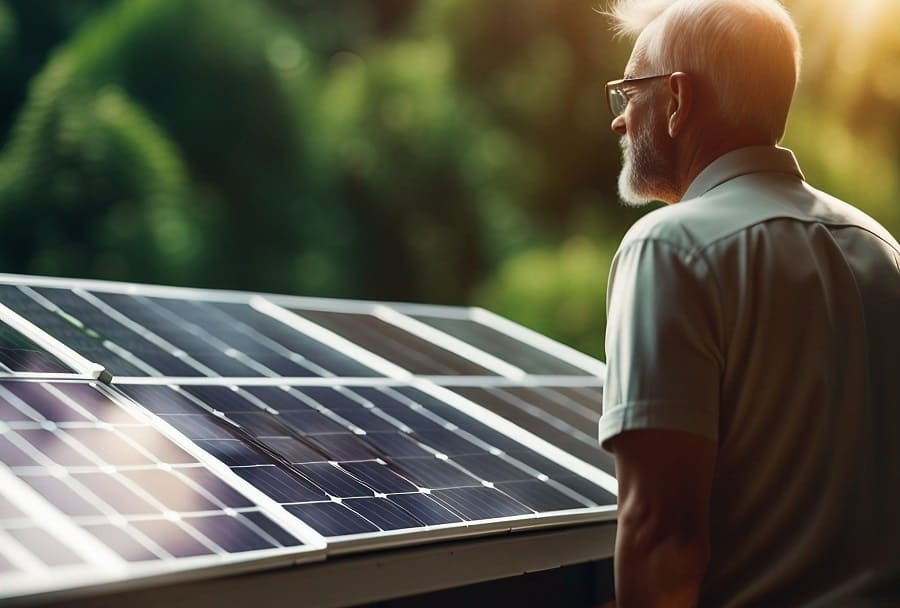
Benefits of Solar Panels In Homes – In recent years, the Installation of solar panels for homes has become popular. People across the World are taking the Benefits of Solar Panels In Homes. From the Benefits of solar panels to the environment to the Financial benefits of solar energy, solar panels provide a clean and renewable energy solution. This article explores the advantages of installing solar panels for homes, highlighting the positive impact they have on both individuals and the planet.
The use of solar energy has increased significantly in recent years. As you know this is the time of advanced technology which make solar panels affordable for Buyers. By installing solar panels for Homes People are full filling their Energy needs. This transition to renewable energy sources is driven by several compelling reasons.

One of the primary benefits of installing solar panels for homes is the potential for substantial financial savings. By harnessing the power of the sun, homeowners can significantly reduce or eliminate their monthly electricity bills. Solar panels generate clean and free energy, which means fewer expenses in the long run. Additionally, some regions offer net metering programs, allowing homeowners to sell excess electricity back to the grid and earn credits or cash.
Solar panels are an environmentally friendly energy solution. Unlike traditional energy sources such as coal or gas, solar power produces zero greenhouse gas emissions. By installing solar panels, homeowners actively contribute to reducing carbon emissions and combatting climate change. Switching to solar energy helps to preserve the planet’s natural resources and mitigate the negative effects of fossil fuel consumption.
Installing solar panels provides homeowners with a sense of energy independence. With solar power, homeowners are no longer solely reliant on the electrical grid. This independence offers peace of mind during power outages or fluctuations in electricity supply. Solar panels store excess energy in batteries, ensuring a continuous power supply, especially during emergencies.
Solar panels can significantly increase the value of a home. Research has shown that homes equipped with solar panel systems tend to sell at higher prices compared to properties without them. Potential buyers are attracted to the idea of reduced energy costs and the environmental benefits that come with solar power. Investing in solar panels can enhance the overall appeal and resale value of a home.
Various governments provide incentives and rebates to encourage homeowners to adopt solar energy. These incentives can include tax credits, grants, and subsidies, making solar panel installation more affordable and accessible. By taking advantage of these programs, homeowners can enjoy additional cost savings and accelerate the return on their solar investment.
Solar panels are renowned for their reliability and low-maintenance requirements. Once installed, they typically operate smoothly for several decades with minimal upkeep. Cleaning the panels periodically and ensuring they are free from debris and shade can maximize their efficiency. With proper maintenance, solar panels can provide a reliable and consistent source of energy for many years.
Investing in solar panels is a long-term financial decision with substantial benefits. While the initial installation cost may seem significant, solar panels offer a remarkable return on investment over their lifespan. The savings accumulated through reduced electricity bills can outweigh the upfront expenses within a few years. Furthermore, as energy costs continue to rise, solar panels provide a stable and predictable energy source, protecting homeowners from future price increases.
The solar industry has become a significant source of job creation. As the demand for solar panels increases, so does the need for skilled workers to manufacture, install, and maintain them. The installation of solar panels not only benefits homeowners but also contributes to the growth of the green economy. By embracing solar power, individuals can support local job opportunities and contribute to the development of a sustainable workforce.
Also Read – https://ujjawalsolar.com/learn/price-list/solar-ac-price-in-india/
Solar panels play a vital role in reducing carbon footprints. By relying on clean and renewable energy, homeowners can minimize their environmental impact. Solar power helps to decrease the consumption of fossil fuels, which are major contributors to air pollution and global warming. By making the switch to solar panels, individuals take an active part in preserving the environment for future generations.
The future of solar energy looks promising. Advancements in solar technology continue to improve the efficiency, affordability, and aesthetics of solar panels. As more homeowners embrace renewable energy, the demand for solar power is expected to rise. This growing demand will drive further innovation and research, leading to even more efficient and accessible solar solutions.
Installing solar panels for the home brings numerous benefits. From financial savings to environmental impact and energy independence, solar power offers a sustainable solution for homeowners. With government incentives, reliable technology, and long-term investment potential, embracing solar energy is a wise choice. By making the switch to solar panels, individuals can contribute to a cleaner and brighter future.
Solar panels can be installed on most residential properties, provided they have access to sunlight. Factors such as roof orientation and shading should be considered during the installation process.
Solar panels are designed to last for several decades. Most manufacturers provide warranties ranging from 20 to 25 years, ensuring the long-term reliability and performance of the panels.
While solar panels perform best under direct sunlight, they can still generate electricity during cloudy or rainy days. However, their energy production may be reduced compared to sunny conditions.
Solar panels are relatively low-maintenance. Regular cleaning and inspections to ensure optimal performance are recommended. However, they require minimal attention beyond that.
The payback period for solar panels varies depending on factors such as the cost of electricity, location, system size, and available incentives. On average, homeowners can recoup their investment within 5 to 10 years.
Solar panels can be installed on most residential properties, provided they have access to sunlight. Factors such as roof orientation and shading should be considered.
Solar panels can still generate electricity on cloudy or rainy days, although their energy production may be reduced compared to sunny conditions.
Solar panels are designed to last for several decades, with most manufacturers providing warranties of 20 to 25 years.
The payback period for solar panels varies depending on factors such as the cost of electricity, location, system size, and available incentives. On average, homeowners can recoup their investment within 5 to 10 years.
Solar panels are relatively low-maintenance. Regular cleaning and inspections are recommended to ensure optimal performance, but they require minimal attention beyond that.

10 किलोवाट सोलर सिस्टम – आज पूरे देश में बिजली
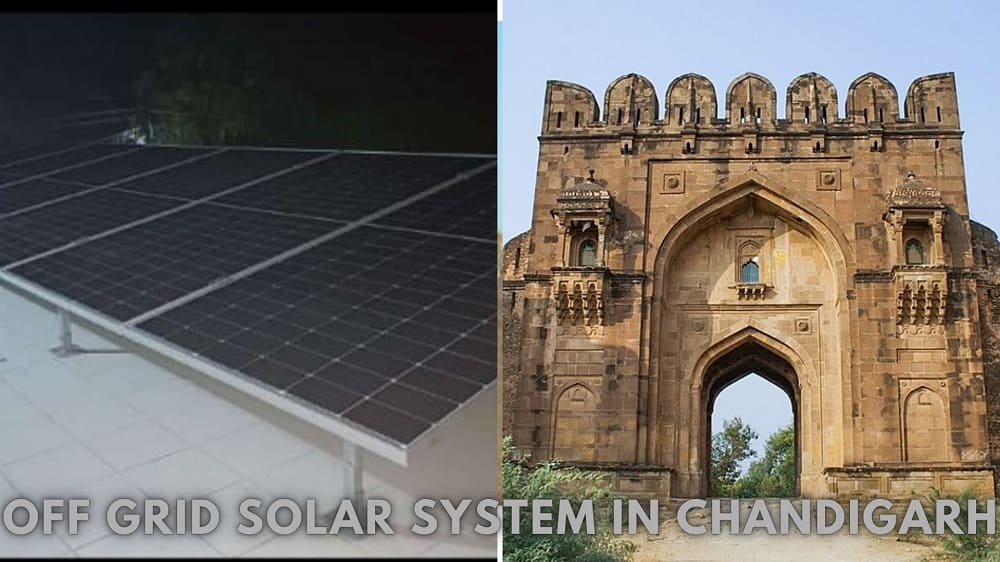
Off Grid Solar System in Chandigarh- Chandigarh is a union
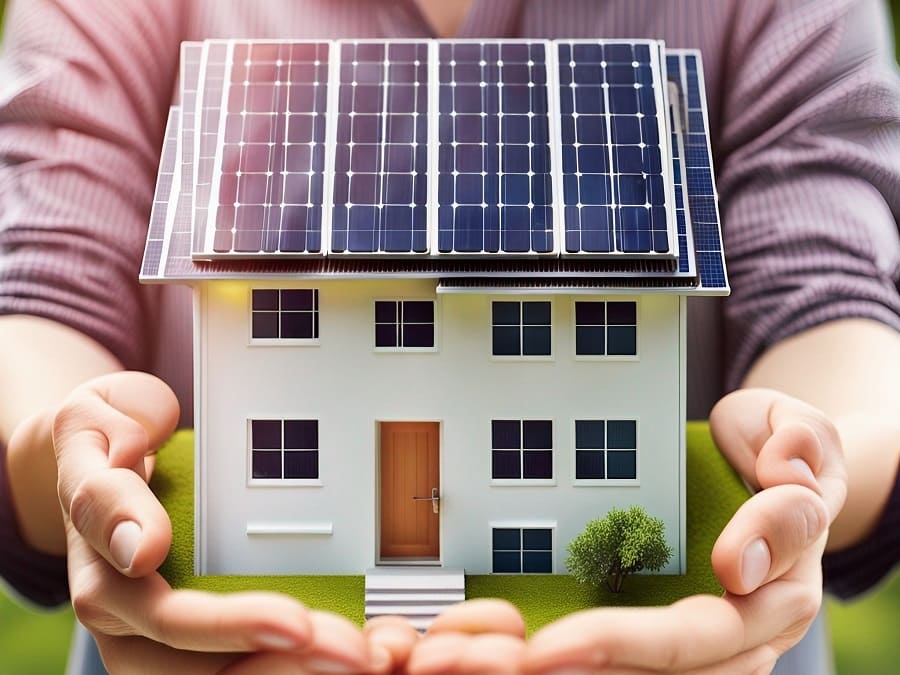
Solar Panel For Home In Rajkot – Solar energy in
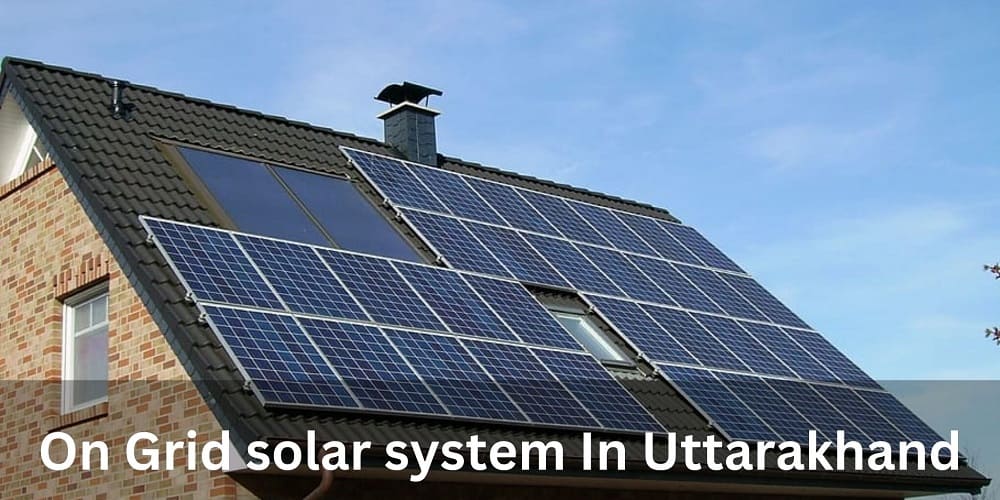
On Grid Solar System Uttarakhand – Grid-connected solar photovoltaic (PV)

Solar Panel Installation at Diwali – इस दिवाली के मौके
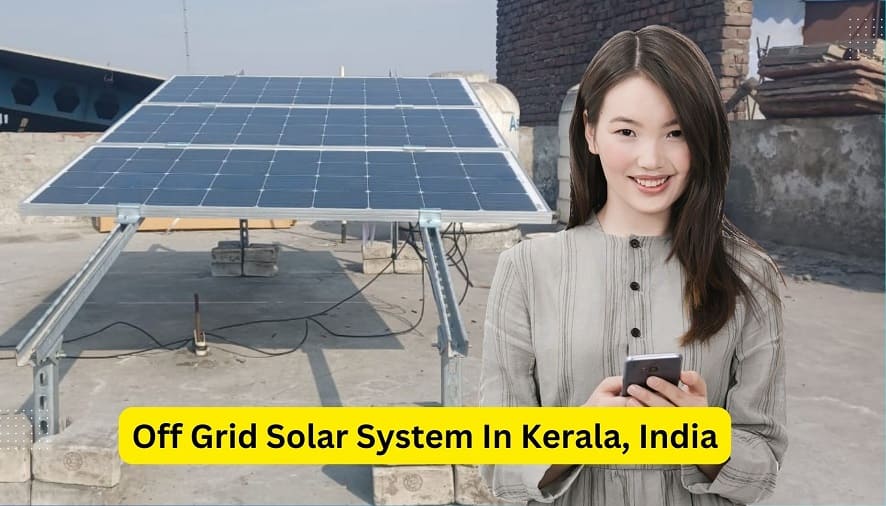
Off Grid Solar System in Kerala- In today’s time, the
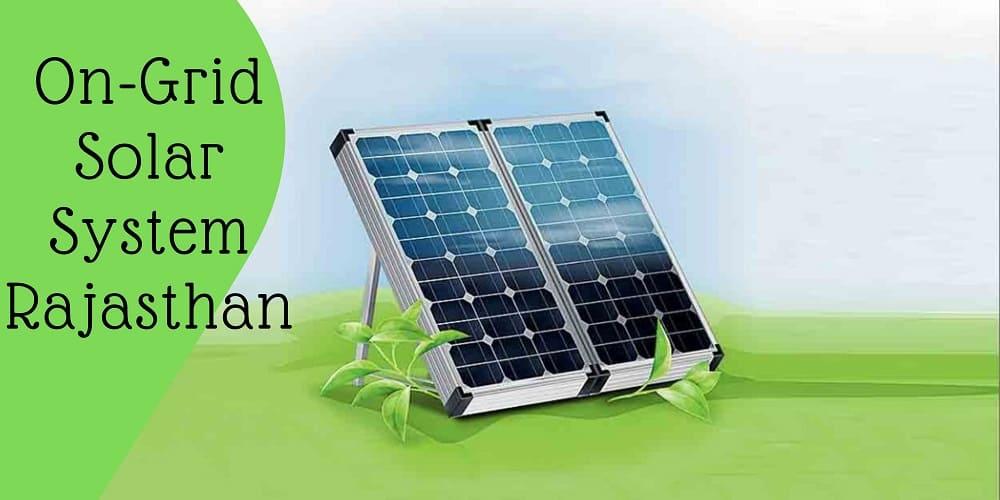
On Grid Solar System In Rajasthan – Rajasthan is one
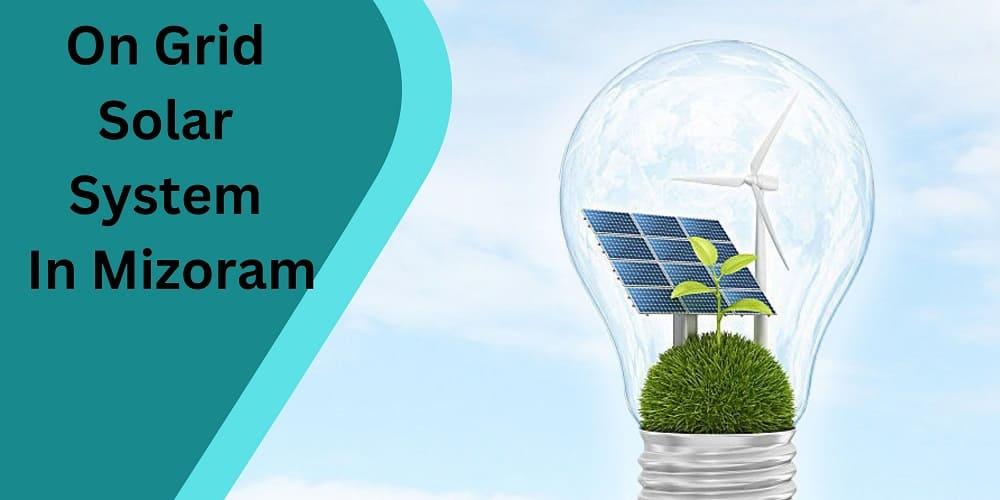
On Grid Solar System In Mizoram – Mizoram is an
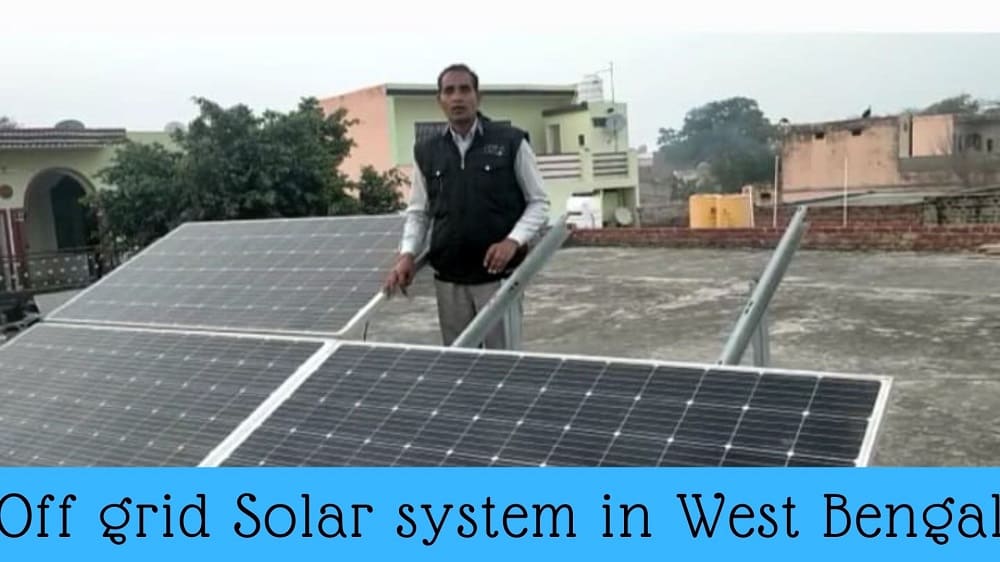
Off Grid Solar System in West Bengal- In today’s time,
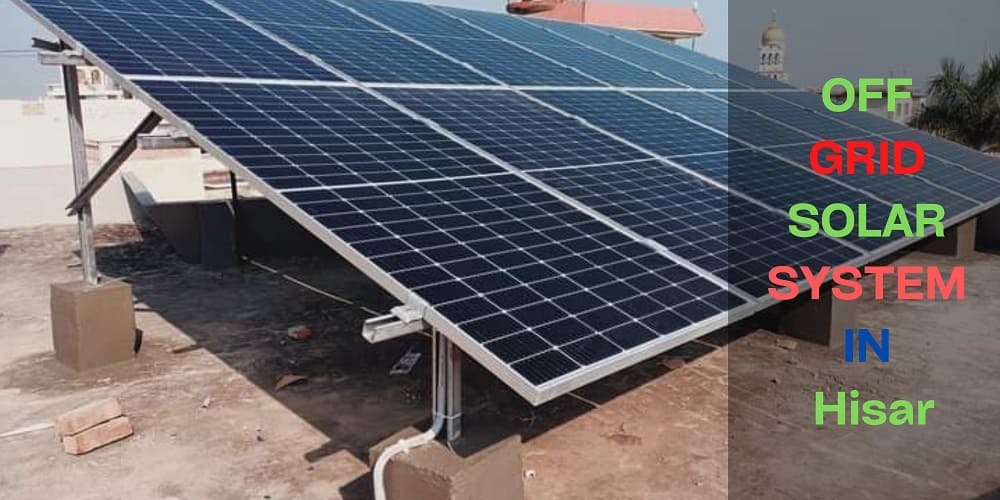
Off Grid Solar System in Hisar- In today’s time, the
Ujjawal Solar is a Solar Energy Company led and initiated by the students of the YMCA. We are India’s largest Mono PERC Solar modules manufacturer at PAN India Level. We Manufacture completely Eco-Friendly Modules that give no harm to the environment. We want to make India aware of the power of the Sun by reducing up to 90% of their home’s electricity bills.